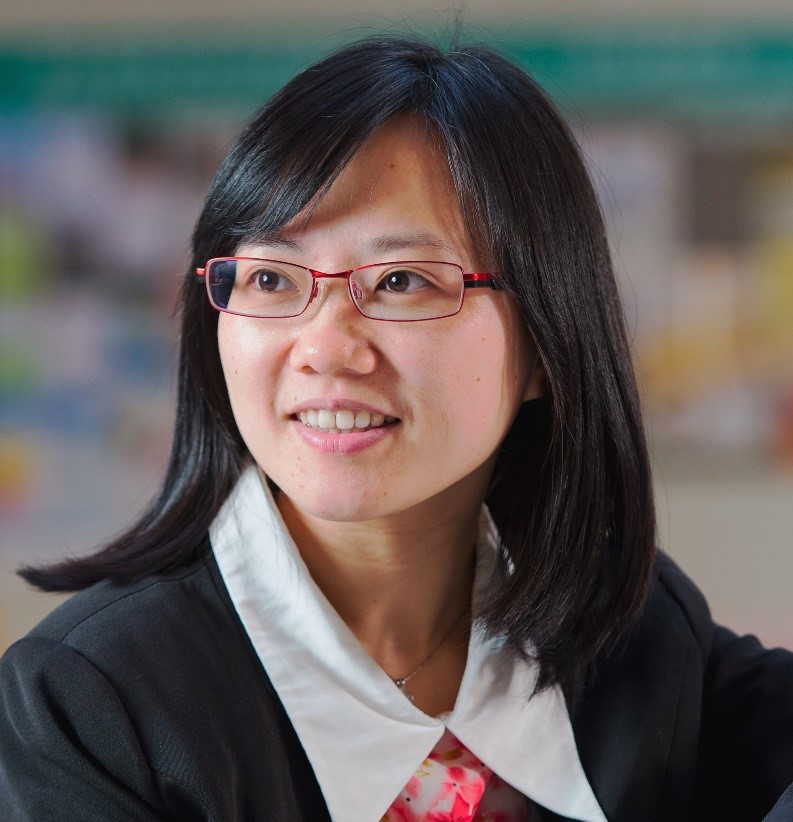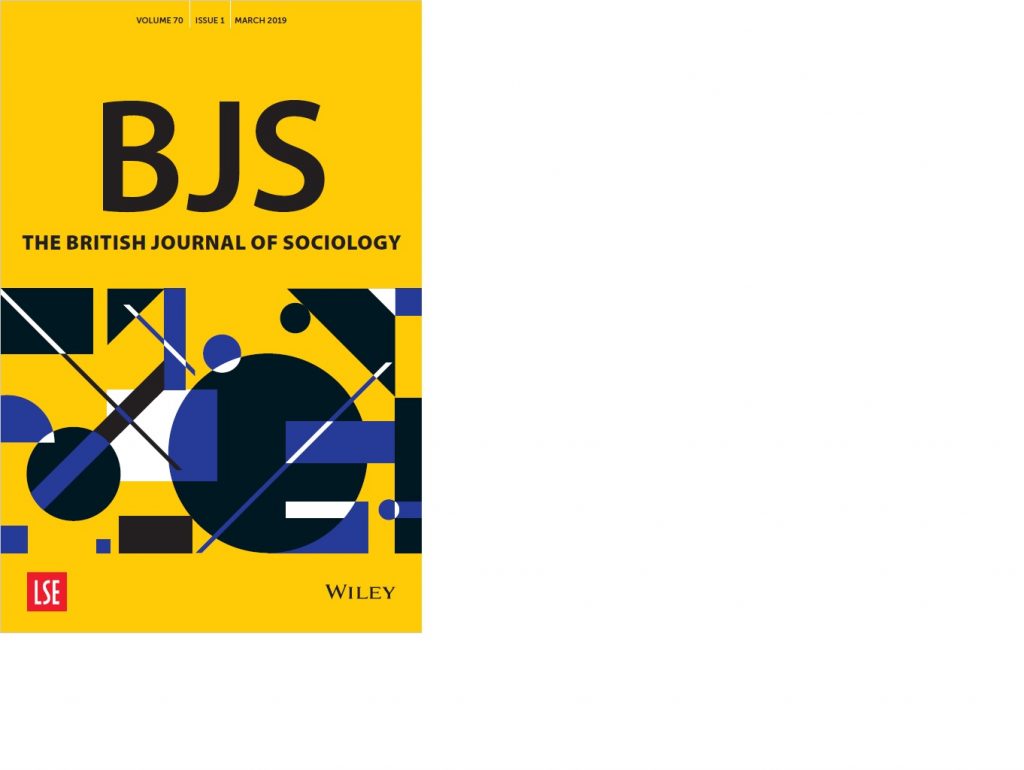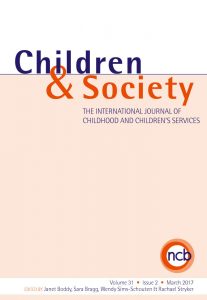Interview with Dr Zhuoni Zhang, Associate Editor for Sociology Compass

Sociology Compass is delighted to welcome Dr Zhuoni Zhang to lead the Social Stratification Section as Associate Editor, along with Professor Xiaogang Wu. Zhuoni is Associate Professor in Urban Governance and Design Thrust, Society Hub, at Hong Kong University of Science and Technology (Guangzhou). The Associate Editor role at Sociology Compass is to lead on the commissioning of state-of-the-art review articles under dedicated subject areas. We took the opportunity to talk to Zhuoni about her research background and aims for the social stratification section as she and Professor Wu join the Sociology Compass editorial team. For an interview with Professor Xiaogang Wu see here.
Please tell us about your research background and how you came to study sociology?
I am a sociologist and demographer by quantitative training. My research is mainly about inequalities pertaining to education, labour markets, occupational and earnings attainment, health, and subjective wellbeing, with a special focus on internal migration in mainland China and cross-border migration from mainland China to Hong Kong. My recent research interest is to conduct comparative studies on urban governance, population migration, and socio-spatial inequalities in Chinese cities.
Sociology was my major of undergraduate study. I had no idea about what sociology was before I entered college, but it turned out to be an interesting subject that provided new perspectives for me to understand (or to think about) what’s going on in society. I remembered that was the first time I began to seriously think of my personal experience (e.g. moving from a rural village to a city during childhood and then admitted to college) as an outcome of the interplay between macro social forces (e.g. China’s opening-up, economic reform, population migration) and household strategies, not merely individual efforts, or good luck. Looking back, my family, as one of many in the tidal waves of internal migration in China, moved for better economic and educational opportunities and better positions in the social hierarchy. Personal experience and undergraduate training in sociology led me to the research fields of urbanization, population migration, and social stratification and inequality.
What would you consider the most compelling or critical questions for your area of research right now?
Although “the inevitability of change might be a universal constant,” the recent changes in economic, political, and social arenas across the globe, especially after the covid-19, pose great challenges to all stakeholders. Academia is no exception. For scholars in social stratification, I think the main tasks would be to uncover the processes and consequences of social stratification in local and comparative contexts in the post-pandemic era, and to play a more down-to-earth role in program design and policy evaluations to promote social equity.
Furthermore, the digital divide has emerged to be a new axis of social stratification and social inequality. Social groups differ in access to and usage of digital devices and products, as well as the benefits and tangible outcomes of usage. We shall also study digital inequality, its determinants and consequences, and the intertwined relationship between digital and social inequalities. To achieve this goal, we may need to use cutting-edge research methodologies, with plausible combinations of survey/census data and new data sources (e.g. geolocation, digital footprint, etc.), and to conduct cross-disciplinary research to optimize the benefits of digital technology for people’s well-being.
In your view, what does sociological research contribute to society? Why does it matter?
Sociology changed my way of thinking, and this is one example of how sociology matters for individuals. As C. Wright Mills pointed out in his classic book The Sociological Imagination, sociology is a tool that helps individuals link his/her behavioural patterns to larger social forces and to identify the social forces that shape the life chances of individuals.
Sociological research matters for social groups and the community in general. I consider sociology as a discipline that cares much about the marginal groups in society (such as children in poverty, rural migrants in cities, women in labour market, etc.), with a lens of looking into the determinants and consequences of social inequality and the processes generating inequality. These studies help us understand the macro-level social forces such as institutional constraints that affect a particular social group. Plus, sociological research in general can contribute to the community by providing a comprehensive picture of social hierarchy, identifying social problems, and providing insight into the social structures with rigorous evidence for policy implications, for a better community with social equity.
As Associate Editors for the Social Stratification section of Sociology Compass, what are you and Professor Wu looking for when commissioning and assessing Review Articles?
We are looking for review articles on conventional topics with preference on non-western contexts, and new topics related to critical questions in the post-pandemic era and/or social stratification in digital age. We welcome review articles on empirical works in comparative perspectives and reviews on a specific stratification topic from cross-disciplinary endeavours.
What inspires you to be involved in Sociology Compass as an Associate Editor?
Diversity. The journal is a compass with diverse sections in sociology, targeting a wide audience, and unique branding as an author-friendly publication. When we talked to Dr. Zarine L. Rocha, co-Editor-in-Chief who is leading the Review Articles Section, we were impressed by the ideas to position the journal as a compass for global inclusion, to highlight valuable work of sociologists around the world, and to make differing perspectives heard. I believe the Social Stratification section will be a good platform for international exchange of existing knowledge and future directions for various themes in the field.
For readers and researchers new to your discipline, what would you put at the top of their recommended reading list?
- Mills, C. Wright. 1959. The Sociological Imagination. Oxford University Press.
- Grusky, David B. and Szonja Szelenyi. 2011. The Inequality Reader: Contemporary and Foundational Readings in Race, Class, and Gender (2nd ed.). Routledge.
- Desmond, Matthew. 2016. Evicted: Poverty and Profit in the American City. New York: Crown.
Dr Zhang is Associate co-Editor with Professor Xiaogang Wu, whose interview can be read here.
Professor Wu and Dr Zhang take over this Associate Editor position from Dr. Joan Maya Mazelis, who finishes her term at the end of 2022. We’d like to thank Dr. Maya Mazelis for her dedication and commitment to leading the Social Stratification section over the past years. You can take a look at the articles published during this term here.





1099-1328/asset/dsa_logo.jpg?v=1&s=e4815e0ca3064f294ac2e8e6d95918f84e0888dd)